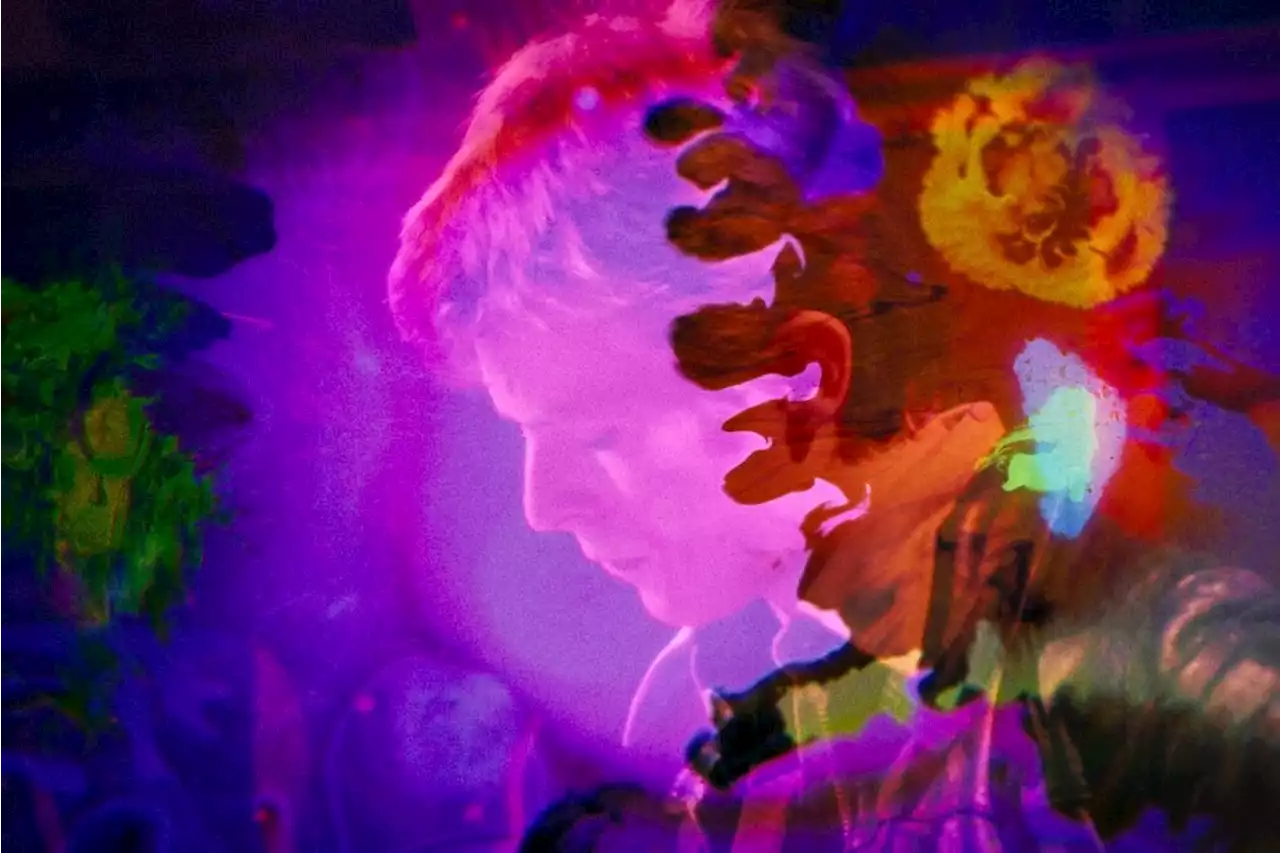The director of Moonage Daydream, Brett Morgen, talks about tackling one of the most scrutinised musicians from a different angle – a man who “could hear things that we couldn’t hear, and see things that we couldn’t see”
about his new documentary, which doesn’t seek to figure out the man behind the British rock icon, but to tap into the essence of the myth he created. I’m sitting with Morgen in a room of the Hotel Thermal festival complex, a concrete Brutalist building in the Czech Republic where the Karlovy Vary International Film Festival is held, and where the film screened the night before.
A conventional biopic was not needed of a man who has had multiple books written about his life, and Morgen says he was grateful this freed him to make something experiential, “more like a poem,” with songs that “all resonate with the theme of transience.” While Bowie, who died in 2016, has a reputation as the ultimate shapeshifter, a musical innovator and style icon who reinvented himself through distinctive artistic periods, Morgen sees him as more than a consummate manifester of trends.
“He was a 21st-century prophet. He was very attuned, and could hear things that we couldn’t hear, and see things that we couldn’t see,”pandemic, and speaks to what we are going through, in terms of how to be creative during periods of isolation and alienation,” the director adds. “We are living in a digital world inundated with information, and David was talking about this before there was the internet.
“I decided I would never under any circumstances do that again,” he says. “When a film comes out and isn’t ready, it becomes a product.”, as Morgen had a heart attack, flatlined and was resuscitated, while making it. Had this not happened, a different, “less philosophical” film would have emerged, he said.
